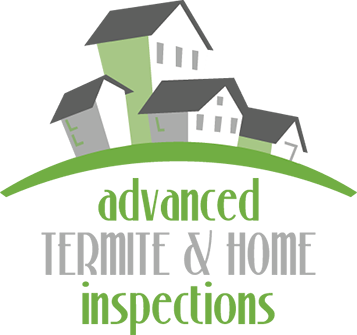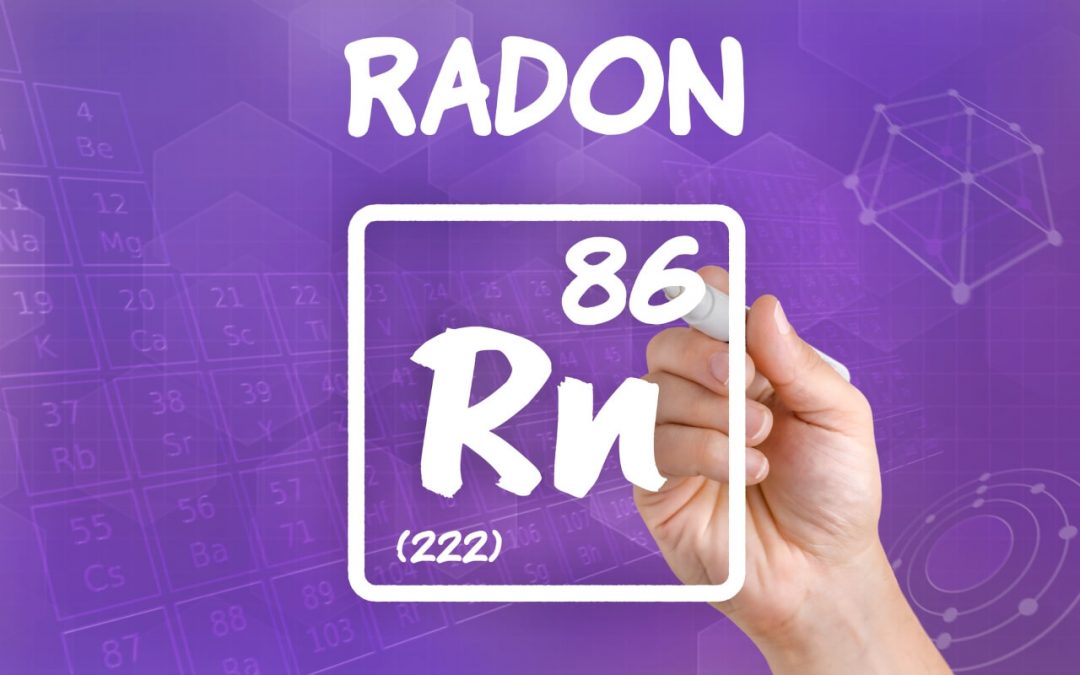Studies show that exposure to elevated levels of radon in the home is the second leading cause of lung cancer after smoking cigarettes. This article discusses what radon is, the effects of being exposed to this dangerous gas, how to find out if it’s a problem, and what to do if you have high radon levels at home.
Where Does Radon Come From?
Radon gas forms naturally when uranium and other radioactive elements decay in the soil. Radon can seep into your living spaces through cracks, gaps, construction joints, and other openings in a building. Radon may also be present in your water supply, primarily if you have a well, but there is a lower chance of it causing cancer.
Exposure to Radon in the Home
While radon harmlessly dissipates outdoors, it is dangerous when it becomes trapped indoors and accumulates to unsafe levels. Radon can cause lung cancer in people with long-term exposure to high levels of gas. This risk is significantly higher if you also smoke cigarettes.
How Much Radon Exposure is too Much?
The EPA states that radon levels exceeding 4 pci/L or more are dangerous, and it’s essential to mitigate the gas if your house tests at or beyond this measurement. Since there are no known ‘safe’ levels, the EPA recommends mitigation when levels measure between 2 pCi/L and 4 pCi/L. To be safe, hire a mitigation contractor to design and install a system in your home if a test shows levels of 2pCi/L or higher.
What to Do About Radon in the Home
Since we cannot detect radon through smell or sight, the only way to know if radon is a problem in your home is to test for it. While there are DIY kits available, it’s best to hire a professional for the most accurate results. A certified radon professional will have superior equipment and the knowledge to conduct the test and read the results correctly. Accurate results are necessary to understand what steps to take if you have dangerous radon levels at home.
If testing reveals high levels, contact a mitigation company to install a system to make the house safer. These systems remove the gas using ventilation and pipes that direct radon outdoors so it can’t accumulate in your home.
Schedule a professional radon test today to take the necessary steps to keep your family safe and healthy.
Advanced Termite and Home Inspections offers inspection services to home buyers and sellers in Eastern NC, including radon testing. Contact us to request an appointment.

